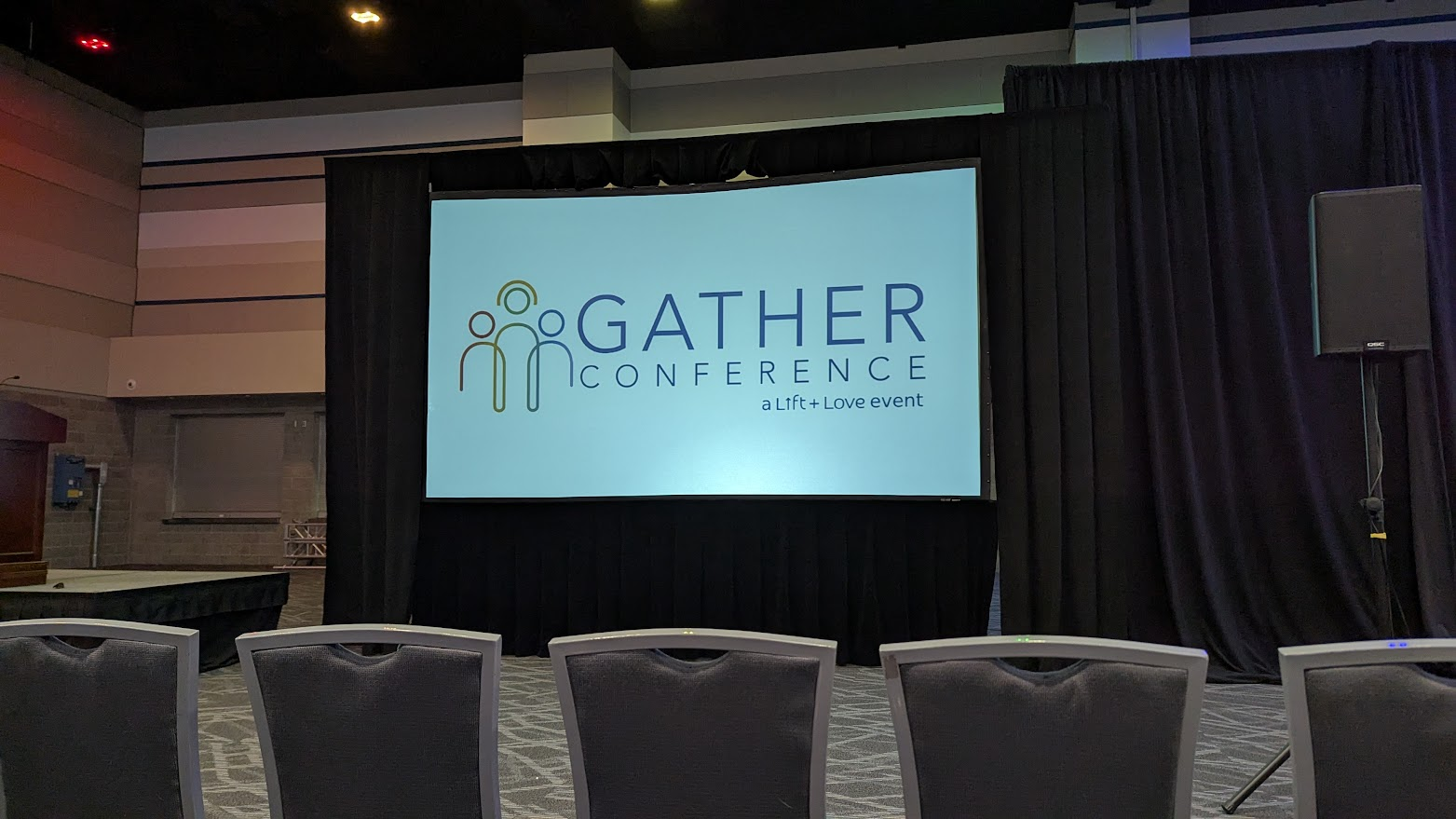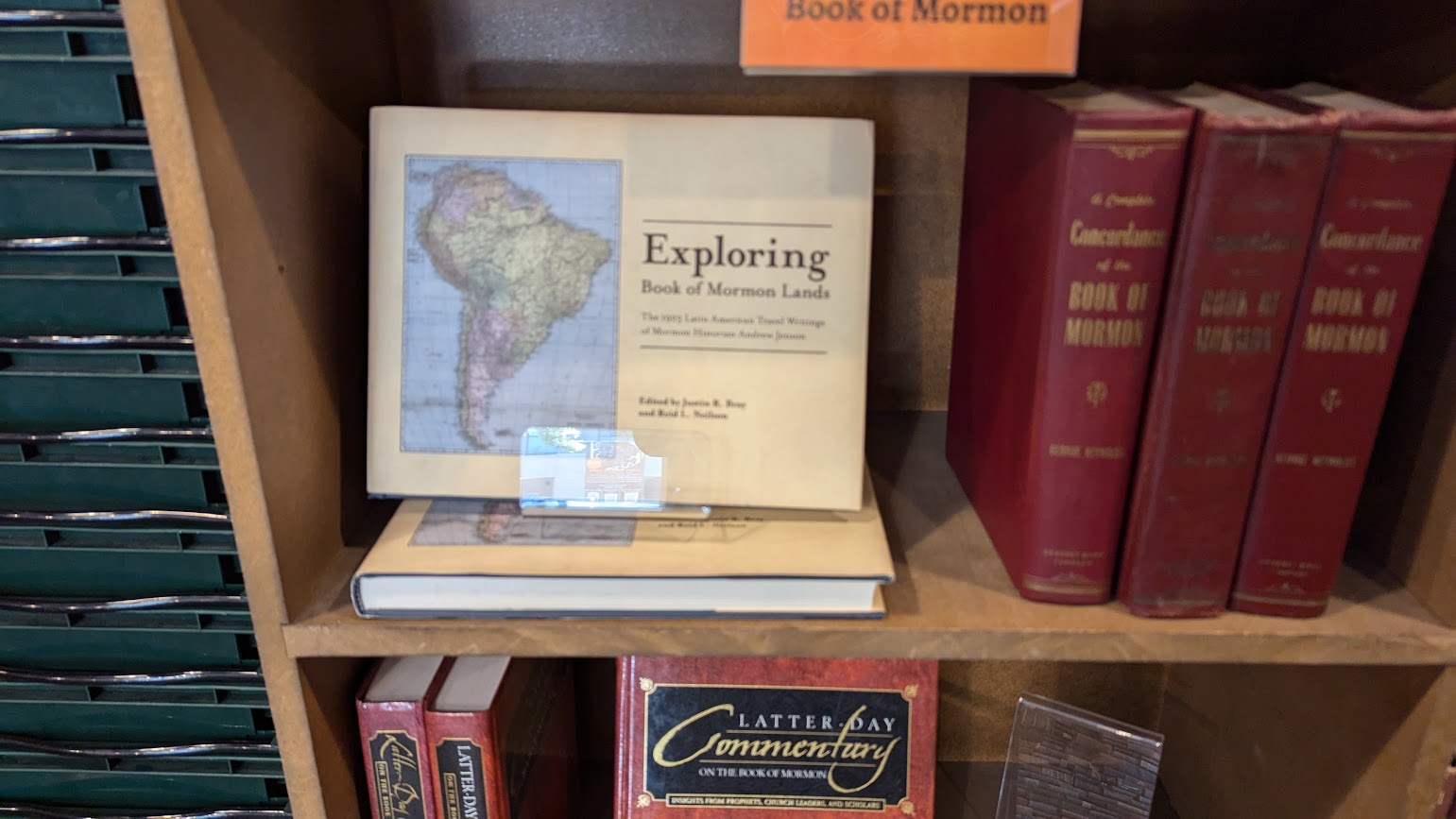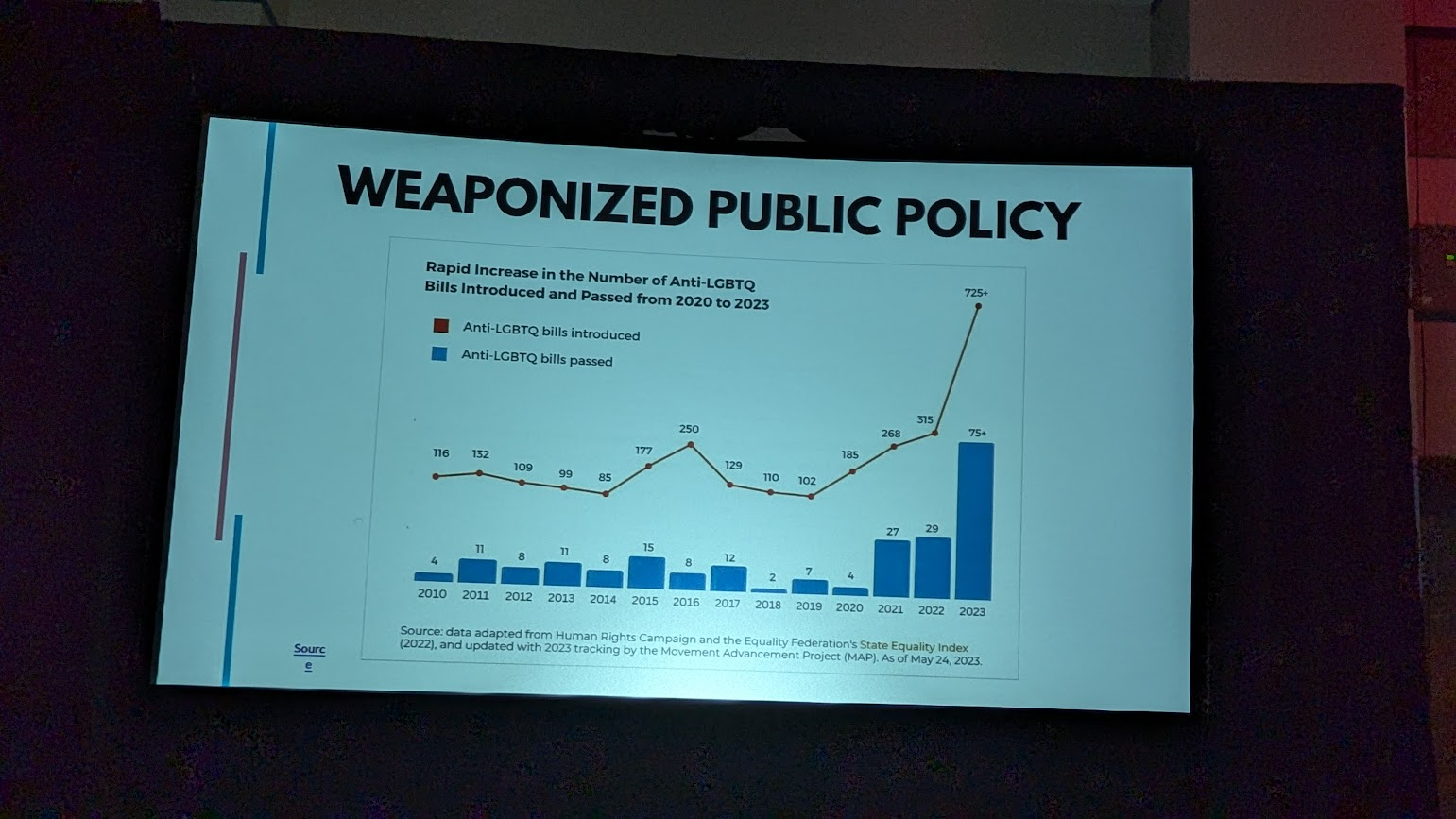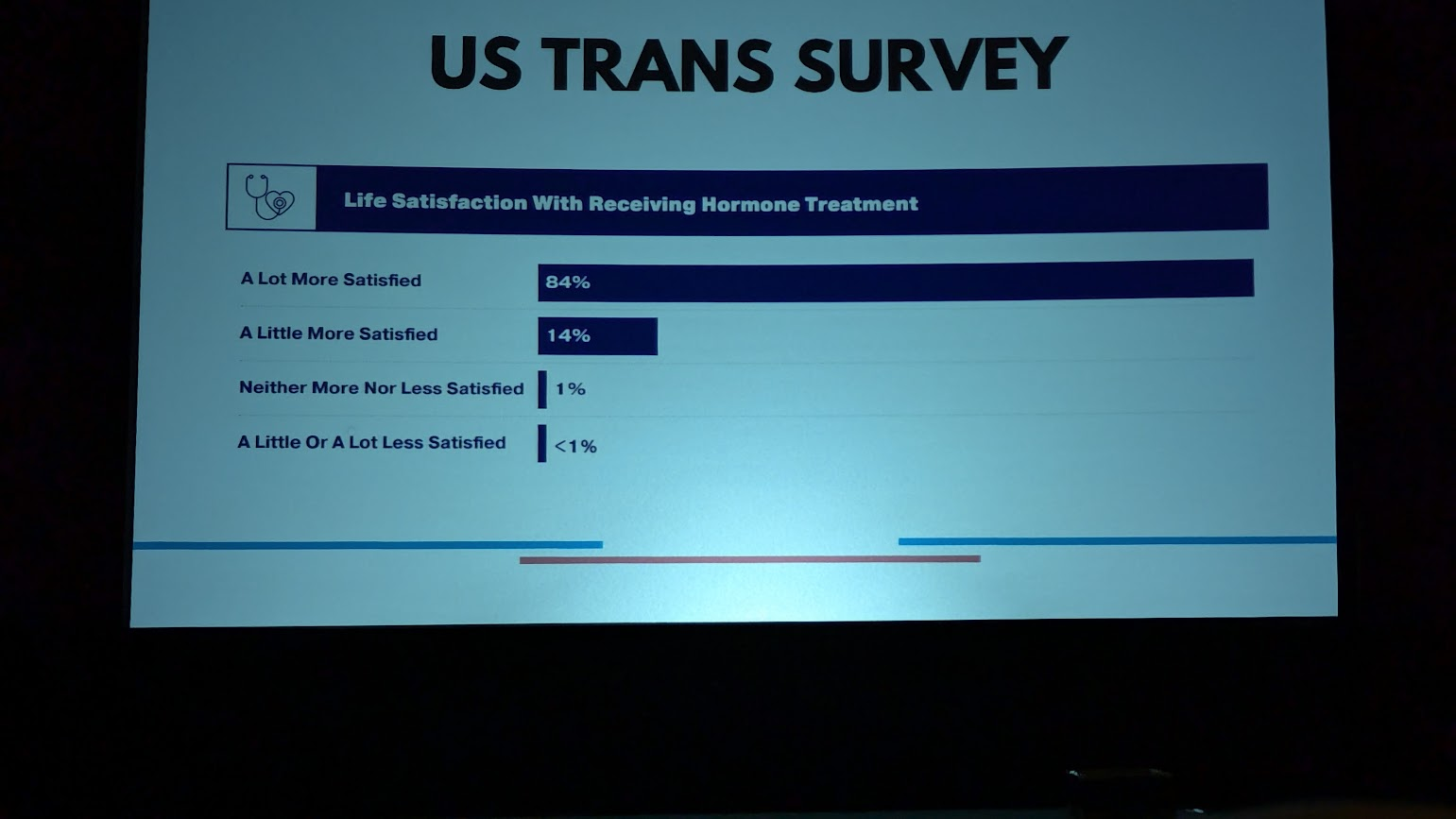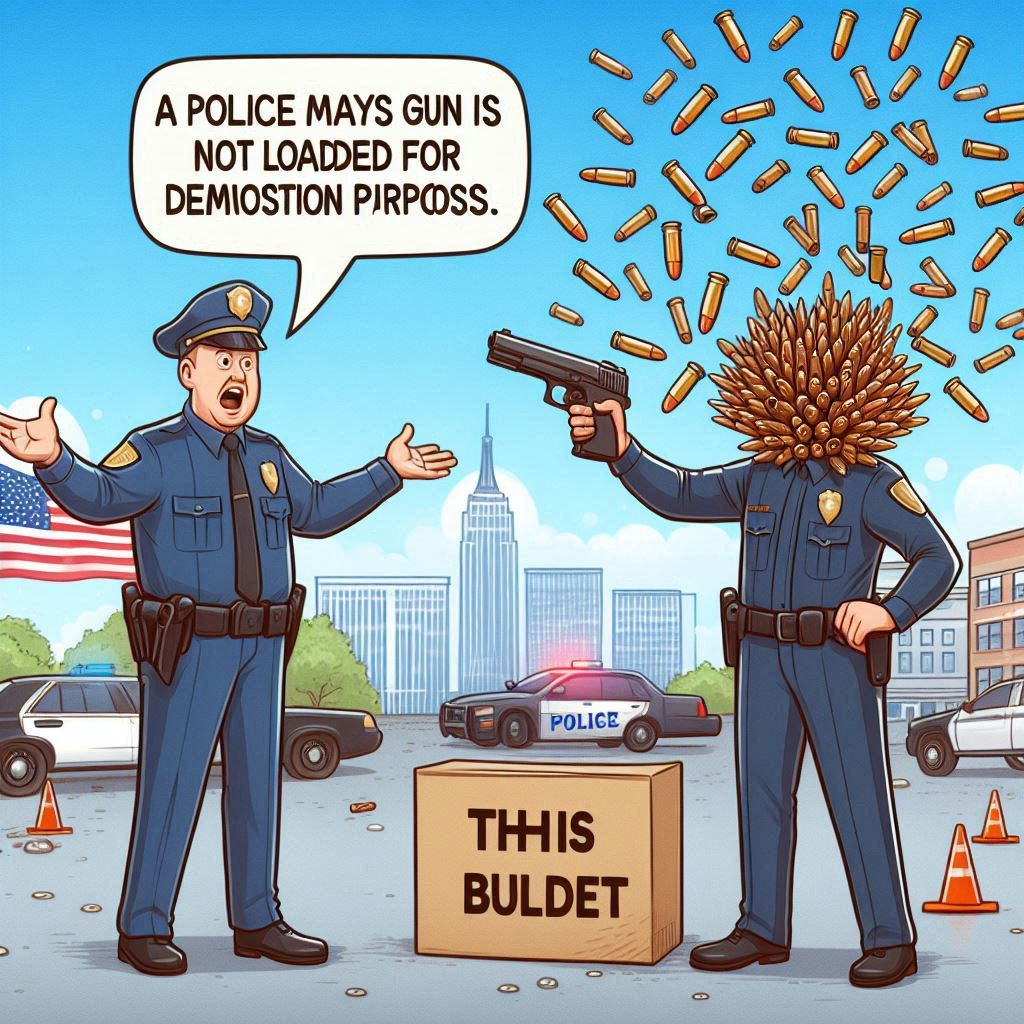This weekend was the third annual Gather Conference for LGBTQIA+ Latter-day Saints. This conference started at a time in my life when I really needed it, and I'm happy I've been able to attend every year so far.
This conference, hosted by Lift + Love, is more identity affirming than organizations like North Star and more faith affirming than organizations like Affirmation. I would describe the vibe of this conference as "We love Jesus, even though we might have reservations about the institution and its policies."
So here is a rundown of my experiences at this year's conference.
On Friday, June 27, I drove down to Provo and checked in at the Utah Valley Convention Center. It was good to see various friends I've met before: Scott, Jeremy, Calvin, Sam, Samuel, and Ryan. A gay math professor from BYU–Hawaii, who is in a mixed-orientation marriage, introduced himself to me. I got my badge, and I felt unreasonably guilty that I didn't reuse my lanyard from last year. I wasn't going to get the free tote bag, since I had mine from last year, but it came with a free journal, so I decided to take it—I write in my journal every day, so I will definitely use a new journal.
I was also happy to see Steven E. Snow, an emeritus General Authority Seventy who was Church Historian during my first stint at the Church History Department (2014–2017). He recently had a story featured on the Lift + Love website about supporting his gay granddaughters. I introduced myself to him and thanked him for telling his story; he told me he remembered me.
In previous years, I noticed that the convention center had a "custodial" sign with a lowercase l or uppercase I, instead of a capital L. But they have fixed it!
 |
| 2023 . . . |
 |
| . . . versus 2025 |
I sat with my friend Ryan for the Friday morning session. We first heard from Jennifer Finlayson-Fife, who talked about different kinds of ways people behave in relationships, like some people will just react in a way to avoid conflict in their relationships. To be honest, I can't really do justice to her presentation, because I had a hard time paying attention. I suppose there were just a lot of things running through my mind, since it was the first session of the conference.
Then we heard from the artist J. Kirk Richards, who has many paintings of rainbow-colored Jesus or churches. He shared that in the early 1830s, Latter-day Saints eschewed dancing, based on their surrounding culture, but by the time Brigham Young led the exodus in 1847, dancing had been elevated to a sacred thing (D&C 136:28)—the implication being that things that once seem evil can actually be holy.
Then there was a discussion with a trans woman named Jessica and a trans-masc nonbinary person named Ben. They both shared that they felt divinely directed and approved in transitioning. Ben said, "God isn't throwing lightning bolts at us, he's throwing love."
Then there was a lunch break, and I had some good discussions with Ryan.
In the afternoon, we were in breakout sessions. I attended the LGB+ session. For this one, we got into groups of six and introduced ourselves. Then we did an activity where we individually spoke for four minutes about the deep questions on our minds. Then there was a minute of silence, and then the group had two minutes to respond. We did this last year as well, and it's good to feel validated that we worry about the same things. I was the oldest person in my group, and we had bi men and women and gay men and women, as well as one ally. After the exercise, a guy with Benson Boone–style hair in the next group over told me that he saw me being an active listener (eye contact and nodding), which was surprising, because I didn't realize I appeared as such. (The next day, he said hi and told his friend "This guy is amazing," but he doesn't even know me!)
I helped put chairs back in place, and then I had dinner with my friend David and an ally named Christina.
Then we went back to the convention center for a live recording of All Out in the Open, which is a podcast that replaced the Questions from the Closet podcast. I don't like All Out in the Open as much as Questions from the Closet; the episodes are longer and less engaging. But it's all right, because I have less podcast time these days, and I don't need the podcast like I did in 2022. It was a good opportunity to consume the rainbow suckers they put in our bags.
I returned on Saturday morning for another full day of sessions.
First we heard an interview of Bishop Karen P. Oliveto (with Tim and Aubrey Chaves of the Faith Matters podcast). She was the first openly lesbian bishop (married to a woman) of the United Methodist Church, and I really enjoyed her presentation. She embraces uncertainty in faith. She talked about a "ministry of vomit." When she would attend public events wearing a clergy collar, people would make assumptions about who she was. But when she would open up about who she was, people would "vomit" all of their trauma and pain on her, because they had never had the opportunity to do that before. As she was a gay bishop in rural places, there was a mantra that went around: "If you want to keep hating on the bishop, don't meet her."
Then they introduced Carol Lynn Pearson, the poet who cared for her gay ex-husband in the 1980s when he was dying of AIDS. I don't think I had heard of her until three years ago, and I guess that's a generational thing, because she got a standing ovation before she even said anything. I was surprised to learn she was born in the 1930s, because she was so alert and lively that I pegged her as much younger. She talked about Mormon pioneers, that those of us in this LGBTQ+ space are modern-day pioneers, but we haven't yet arrived where we can say "This is the place." I loved her messaging and poetic mind, and I'm interested in historical memory of pioneers, so I loved her talk.
Then they had a series of shorter talks representing the different letters of LGBTQIA+. A Lesbian named Alisha talked about mustard seeds and said that "seeds are to be listened to," not instructed. If a seed isn't growing or flourishing, we need to pay attention to what the plant needs, not tell it it needs to grow like other seeds in the garden. A Gay man said, "We didn't choose to be gay, we just got lucky." There was another Gay man, a former mission president named Travis married to a woman. He said that if people are disappointed in us, the responsibility for that disappointment is with the people who created the expectation. Often if people are disappointed in us, we are expected to fix things we didn't cause. An Aromantic Asexual (aroace) woman named Abigail talked about horrible things people say about aro and ace people. Her message made me really annoyed that some places say LGBTIQ rather than LGBTQIA. An Intersex Trans woman talked about being a practicing doctor. A Bisexual woman named Jennifer cleared up misconceptions about bi people. A Queer (gay) man named Joe began his words by quoting President Monson: "Never let a problem to be solved become more important than a person to be loved." Joe had a strained relationship with his brother, who hated anything Church related. But he reconciled with his brother, and the brother got a tattoo of the Monson quote.
We had another lunch break, and my friend Ron happened to be outside the convention center (he couldn't attend). I got lunch on my own before I returned for the afternoon breakout sessions.
I opted to attend a session with two therapists, Eric (my therapist, though I don't go to therapy anymore) and Lisa. Lisa wrote the Primary song "Nephi's Courage" with her husband, and now she works at Flourish, which is devoted to therapy for the queer community. One woman said that her sister is a therapist, and all the studies show that queer people have better mental health when they live according to their identity, so how do you reconcile that with Church teachings that go against that? Lisa said there is no reconciliation, so she opts not to pay tithing, even though she teaches Relief Society. She also said that there is stigma against therapy, so people in therapy should say something like "I'm not the one with the problem, I go to therapy so I can deal with society."
Then I went to a session moderated by Tom Christofferson, and the topic was how to navigate individual Church journeys. There was some discussion of leadership roulette; one woman said that when she told her bishop she intended to date women—not that she had dated women, not that she was engaged or anything—he took away her temple recommend. But another woman, a high-profile lesbian who recently divorced her husband, said that her bishop was very understanding, and when she was suicidal, her bishop told her, "God would rather have you get divorced than dead."
During this session (which was packed), there was a (presumably) neurodivergent teenager in the lobby who was making funny, high-pitched noises that sounded like "Ba-bo, ba-bo," over and over. It almost sounded like bird calls. Synesthetically, I would describe the sounds as blue ovals.
And the final "session" was a mini concert of the Lower Lights, the supergroup of local folk musicians that sings hymns and gospel songs. They formed in the early 2010s, and I became aware of them because I love Cherie Call, one of the singers. Listening to the Lower Lights in Provo, it felt like 2013 again! I have seen them at least thirteen times before, including their annual Christmas concerts, and they're always a great time. My friend David had not heard them before, and he loved them.
And then, it was over. It was two great days of learning and growing and thinking. I found it less healing for me this time—but only because I have healed in many ways, so I have less healing left to do. The most important part of these conferences is making and renewing connections.
To close this post, here are a multitude of reasons I reject the Church's current LGBTQIA+ teachings and policies:
- As a young person, the message I got was that I was inherently bad if I was attracted to boys. The messaging has changed over the course of my life (thankfully), so if it has changed already, why can't it change more? The current messaging is "It's OK as long as you don't act on it." But "just don't act on it" is always going to make people feel broken or defective. I don't see how it could not.
- More and more people are coming out—young people are coming out as teenagers, and older people in mixed-orientation marriages are coming out, and everyone in between is coming out. As long as the messaging is simultaneously "You need to fall in love and get married" and also "You're not allowed to fall in love and get married," this issue is not going to go away—no matter how many times you throw a family proclamation at it.
- The people who make the rules for gay and trans people are themselves neither gay nor trans. And the people who are obsessed with enforcing the rules are neither gay nor trans.
- The Family Proclamation (which isn't even canonized) says, "Gender is an essential characteristic of individual premortal, mortal, and eternal identity and purpose." Since 2019, Church leaders have said that "gender" here means sex at birth. But here's the thing: Intersex people exist. There are people whose sex at birth, their physical body, is not quite male or female. If everyone's sex at birth is their eternal gender, then gender is not a binary in eternity. But if eternal gender is a binary, and intersex people are an exception in mortality, why can't trans people be an exception in mortality as well?
- Even if it is true that everyone's sex at birth is their eternal gender, why do they have to live according to their eternal gender in mortality? We don't tell people, "You will have perfect vision in the Resurrection, so you can't have corrective eye surgery in mortality," or "You will have all your limbs in eternity, so don't use a prosthetic on earth."
- One of Dallin H. Oaks's pet ideas is that queer people should "take the long view," meaning they should live in the way that will take them to the best version of eternity as taught by the Church. But we know virtually nothing about eternity. So in reality, "taking the long view" means to think about living with inner conflict and tension for decades and decades, just to gain rewards in an eternity that may or may not exist. For many people, this just makes them want to skip mortality and go straight to eternity.
- There are many things the Church used to teach were sins, or at least not good, such as interracial marriage, mothers working outside the home, and women wearing pants in public. These things are no longer taught (thankfully!).
- The Family Proclamation emphasizes a particular kind of nuclear family, with a mother, father, and children. This is a great kind of family; it's the family I come from. But I worry that this emphasis can be hurtful for people with different kinds of families. That includes not just queer families but any family that has been touched by death, divorce, adoption, and other circumstances.
- The scriptures are full of family structures that do not follow this pattern. On the cross, Jesus told Mary and John "Behold thy mother" and "behold thy son." Ruth and Naomi had no obligation to stick together. Abraham and others practiced polygamy. And the family of Jacob/Israel was anything but traditional.
- In grad school, I had a very lesbian professor who talked about her children and grandchildren. Then I think about straight people I know who are terrible parents. I can guarantee that my lesbian professor's family life is more stable and loving than that of some straight people I know. There are so many loving families with two moms or two dads. Does God really think the righteous thing is to split these families apart?
- Anti-LGBTQ ideas are often framed as "defending the family." But they don't "defend the family" at all. If I marry a man, it will not negatively impact anyone else or their family.
- You know what are actual threats to the family? When people feel forced to enter mixed-orientation marriages that end in divorce and heartbreak. When people are murdered for being who they are. When people die by suicide because they don't see a place for themselves. When people are disowned by their families for being who they are.
- A man paying for a female prostitute is very different from a man and a woman getting married, and the Church rightfully distinguishes between them. A man paying for a male prostitute is also very different from a man marrying a man, yet the Church lumps them together—and if anything, it treats the marriage as the worse thing.
- If God's plan can be thwarted by two dudes getting hitched, then God's plan is incredibly fragile.
- In my anecdotal observation, LGBTQ+ folks are among the most devout Church members. For example, in one of my YSA wards, someone told me that another individual in the ward was the best person in the ward, and then I was next. (Those weren't his exact words, but that was the gist.) I wasn't offended, because I agreed that the other person was the best person in the ward. But it turns out that individual is also gay. What does it say that the best people in our wards are gay, and then there's not a place for the best people?
- The expectation for straight people is to get married. The expectation for gay people is to stay single. There is already a rule that applies to straight people that doesn't apply to gay people. So if we already have rules that apply to some and not to others, what if the rule that "marriage is only between a man and a woman" is also a rule that applies to straight people but not to gay people?
- The rule that "marriage is only between a man and a woman" seems to exist only because gay people exist. Why would God create gay people, and then make a rule that they can’t be in love, even as everyone else is encouraged to be? Or why would he make a rule, then create people whose natural orientation is to go against it? And if he did make such a rule, why would I think that such a being was merciful and good and worthy of my worship? Boyd K. Packer himself acknowledged this when he said "Why would our Heavenly Father do that to anyone?"
- In the early days of the Church, they practiced many kinds of sealings. People were sealed to each other not just as marriages but in various relationships. Many of these were known as adoption sealings, where grown men could be sealed to Church leaders. I don't know what the reality of sealings will be, but I think there's room for a more expansive vision of sealings than the one we have today.

